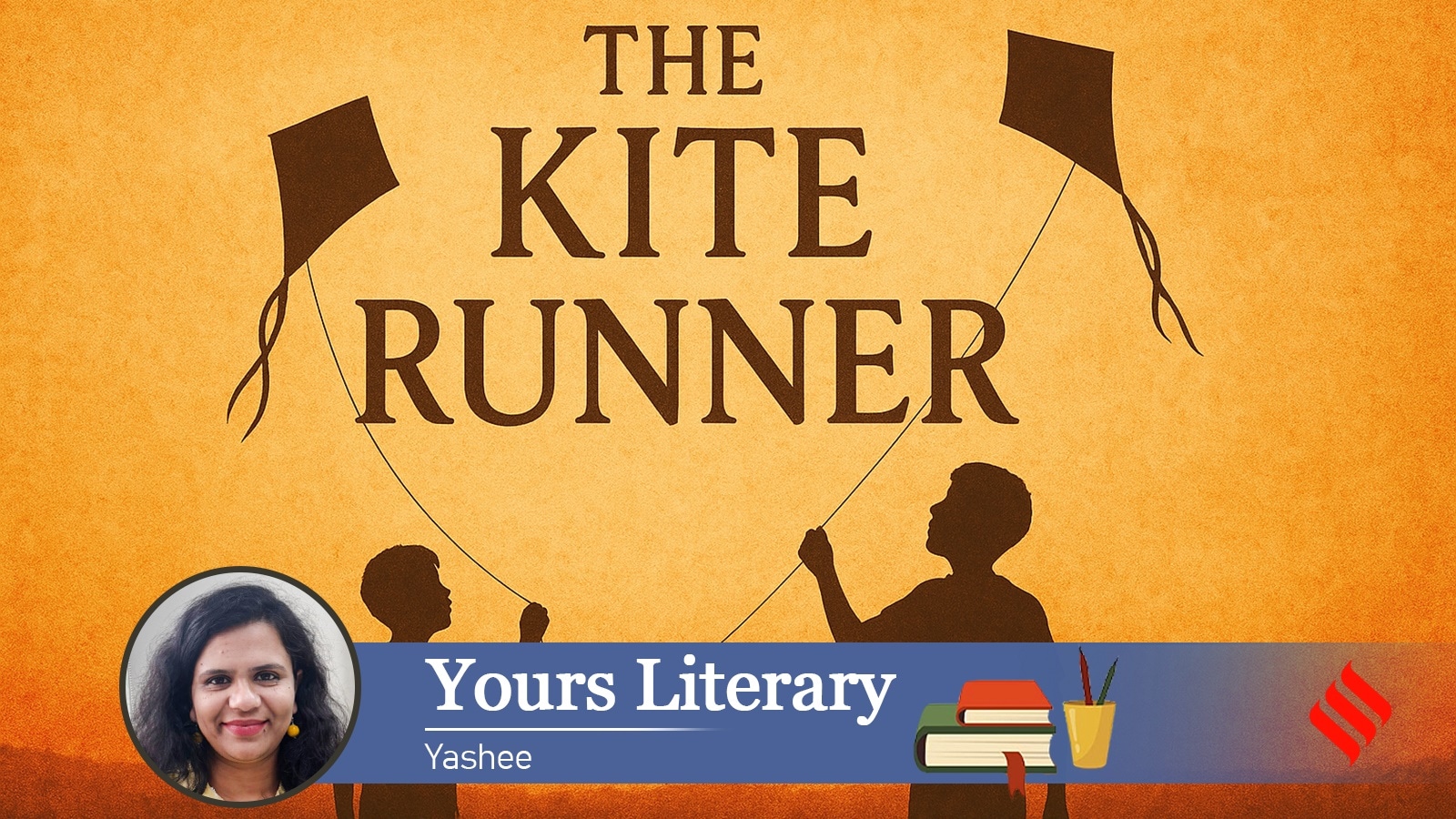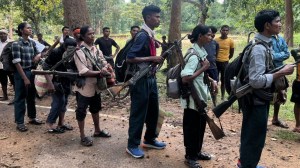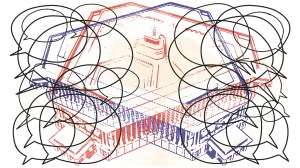
And what I realised is this — the novel has a beating heart and a satisfying moral arc, which made it so loved. What it lacks is creative integrity.
The book is best remembered as a coming of age novel, a father-son saga, about a man finally growing up enough to fight his childhood demons. But it is also an appalling and rather egregious account of child sexual abuse, with more than a touch of the white (or brown-aspiring-to-be-white) man saviour stereotype. Where it succeeded —and what explains is runaway success — is its art of cultivating easy empathy.
The reader is allowed to enjoy Amir’s redemption while looking away from the utter horror that made it possible, because Hosseini establishes quite early on that the horrors happen in the other world, to other people.
Eulogising the sacrificial lamb
The best part of The Kite Runner for me is its first section. The world of pre-revolution Kabul is beautifully and feelingly invoked. The bond between Amir the rich boy and Hassan the child-servant, Amir’s pining for his Baba’s approval, and the larger-than-life figure of Baba come alive in warm, confident strokes. Hosseini is scrupulous about establishing that even the good characters are not above the Pashtun-Hazara hierarchy.
Hassan is the quintessential Shakespearean ‘virtuous boy’, he is so good and brave and patient and kind that you know the narrative is setting him up for a tragedy. But the literary device is well used — when the tragedy does come, in the form of Hassan’s rape by the neighbourhood bully, Hosseini is in control.
Story continues below this ad
The horror of the rape, its fallout, Amir’s moral crises and his taking the cowardly way out of them are all convincingly described, with the right amount of tension.
If, on occasion, Hosseini tells rather than shows — we learn about Baba’s attitude towards Amir not just through their interactions, but because Baba helpfully spells out every single one of his fatherly feelings to a friend — the lack of subtlety is forgivable in an overall charming narrative.
It is from the second section that the problems begin.
The promised land is across the Atlantic
After the Russian invasion of Afghanistan, Amir and his Baba flee to the US. Here, the narrative loses some of its vigour, but it is still nice and engaging. Amir is diffident, lacks initiative, but is clear-eyed and endearingly fond of his father. And finally, a woman, Amir’s love Soraya, enters the group chat.
Story continues below this ad
I can’t vouch for the accuracy of Afghan customs and interactions described in the book, but they make for easy, sweet reading.
However, from this point on, the book starts making it clear who its intended audience is. Afghan by origin, Hosseini has lived a large part of his life in the US. When The Kite Runner was published in 2003, soon after the US invasion of Afghanistan, it was touted as the first Afghan novel in English. Hosseini is at pains to establish that his admiration lies squarely with America, the land of freedom and self reliance and security and independence. Unflinchingly critical of the Russians and the Taliban, the novel does not once even hint at the USA’s role in creating the Taliban.
However, my main problem with the book is not its geopolitics. It is about the novel’s writing.
Here come the horrors
By the third part, Hosseini has lost creative steam, and seems to be making up for it by stacking set piece atop set piece. There is the devastated Afghanistan, the haunting image of a man trying to sell his prosthetic leg for money, the neighbourhoods burnt and massacred. There is the big reveal about Hassan being Baba’s illegitimate son.
Story continues below this ad
There is Hassan’s 10-year-old son, Sohrab, whom a Taliban commander has kidnapped. Sohrab is made to dress up like a dancing monkey and perform for the commander and his lackeys, who then rape him. It is from this den of depravity that our Amir must now rescue Sohrab, and finally atone for his sins against the father.
Which other book can you think of that uses the gruesome sexual abuse of a child as a comparatively minor plot device? Charles Dickens has been slammed for excess sentimentality because poor orphans starve and die in his books. This is Dickens on ALTBalaji-level steroids.
Of course, there is no reason why an author should not document the excesses of a brutal regime. But this documentation of horrors is at odds with the neat redemptive arc of Amir’s story, and brings me back to my point about cultivating easy empathy.
The horrors take place in the Taliban-ruled Afghanistan, which Hosseini has deftly distanced from the civilised world that Amir and the readers inhabit. You are supposed to empathise with Amir, not with Sohrab and Hassan, the children of smaller gods.
Story continues below this ad
Tellingly, a sharp point made in the first part goes unanswered in the third — when Amir is running away while Hassan is raped, he is honest about his motives. He felt fear, yes, but he also wondered if a Hazara was worth the trouble of saving. In the third part, by the time Amir is rescuing Sohrab, he has learnt that the child is his nephew. Hosseini saves him the trouble of figuring out if a Hazara is worth rescuing.
The author extends the same kindness to his readers. Hassan and Sohrab deserve our sympathy, not empathy. You can feel sad for them, wring your hands at the cruel fate met out to them, but there’s no need to identify with them. Uncle Hosseini has made it clear they belong to a different, lesser world, not the one shared by the author and the reader.
See you after 15 days,
Yours Literary,
Yashee
yashee.s@indianexpress.com
P.S: If you love books, write to me with what work I should discuss next. If you are not a reader of novels, follow along, and maybe you will begin to delight in the wonder and wisdom, the practical value, and the sheer joy of fiction.

































